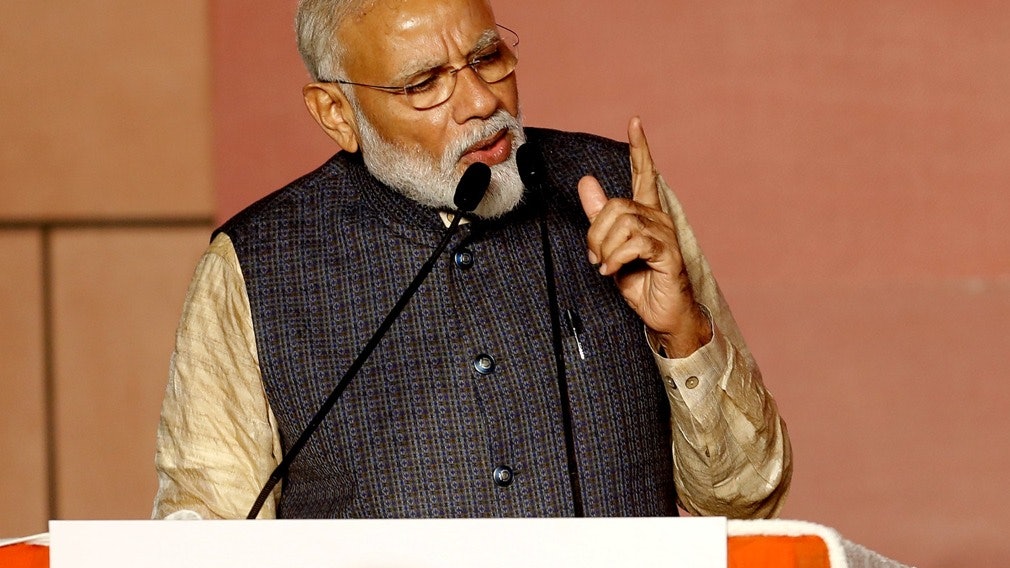On the occasion of the tense confrontation between India and Pakistan in the disputed territory of Kashmir, the Indian government announced in Congress that it would abolish the special status of Kashmir.
India announces cancellation of Kashmir’s special status
The government of Narendra Modi announced that it announced on August 5 that local time to abolish the autonomy of Jammu and Kashmir.
Previously, the 370 clause of the Indian Constitution gave Jammu and Kashmir a “special status” and more autonomy in the Indian Federation. The region can have its own constitution, a separate flag, and can have fields other than diplomacy, defense, and communications. Independence.
Indian Interior Minister Amit Shah told the Indian Parliament on August 5 that the federal government would cancel Section 370 of the Constitution. This provision gives the disputed state of Kashmir a special status, allowing the State of Jammu and Kashmir to enact its own laws.
Shah said that the entire constitution will apply to Jammu and Kashmir.
Jammu and Kashmir is the only Muslim-dominated state in India. Due to historical sovereignty disputes and religious issues, the Indian Constitution stipulates that the State of Jammu and Kashmir enjoys the privilege of self-government.
The US CNBC website said that the Indian government’s move is to completely unify the region with the rest of the country.
According to reports, Indian Prime Minister Modi’s ruling party has been pushing for a special constitutional status in Kashmir, saying that this law has hindered the reunification of Kashmir and other parts of India.
But Kashmir’s political leaders say that the abolition of the law will lead to massive unrest.
In response to India’s decision to cancel the “special status” of Jammu and Kashmir, the Pakistani side responded by saying that India’s practices violated UN resolutions.
Pakistani Foreign Minister Mehmood Qureshi condemned India’s move to cancel the “special status” of Jammu and Kashmir, saying it violated UN resolutions on the status of the region.
Pakistan-Pakistan conflict heats up Pakistani Prime Minister calls for Trump to intervene
The Pakistan-Kashmir conflict in Kashmir began on July 31. According to the Indian Army on July 31, it declared that it had defeated a “Pakistan Army’s penetration of Indian-controlled Kashmir” and killed five members of the Pakistan Special Forces (SSG). And called on the Pakistani military to come to India to “collect the body.” The Indian Army also demonstrated the M24 sniper rifle allegedly seized from the “Pakistan Special Forces” this weekend.
In this regard, the Pakistani military and the Ministry of Foreign Affairs have refuted it. India and Pakistan then began a crossfire in the Kashmir region.
On August 2, the Indian authorities sent 38,000 additional soldiers to the area in two batches. On August 3, the Indian government issued a warning to local tourists and pilgrims that “Pakistan-backed terrorists may be attacked.” This caused panic among local residents, and tourists and pilgrims also began to “escape” the area, and local residents began to hoard the necessary living materials.
When the situation suddenly became tense, Imran Khan, a Pakistani who had just returned to the United States, on Twitter on August 4 called on US President Trump (Donald Trump) to intervene to mediate the conflict in Kashmir to avoid large-scale “Regional crisis.”












